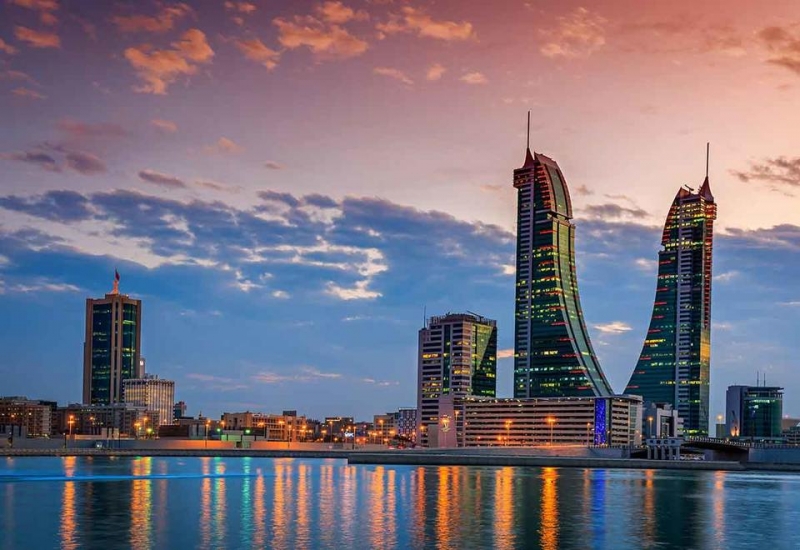‘Care packages’ distributed
TDT | Manama
Bahrain has distributed coronavirus (COVID-19) “care packages” filled with essential goods and medical supplies to citizens studying abroad, amidst the ongoing global health crisis. The parcels offer supplies at a time when many supermarkets and pharmacies around the world are experiencing stock shortages.
The boxes – sent out directly by local embassies in the UK and US – include long shelf-life essential items such as pasta, canned food, teabags and olive oil. Masks, gloves, hand-sanitisers and basic medicine such as paracetamol tablets have also been distributed as part of the initiative.
Each box is accompanied by a letter advising citizens of the importance of taking “additional precautionary measures during this temporary period, for the safety and protection of everyone”.
It adds: “In case local markets witness food shortages, this package consists of some essential food items that have a long shelflife that should be kept in case of emergencies.” Bahrain has facilitated the return of thousands of nationals from countries across the globe including the UK, US, UAE and Jordan.
The Kingdom’s embassy in Washington, DC has contacted 136 universities in North America to assist students, in addition to publishing weekly reports offering information on the crisis. Consular officials have handled thousands of calls on a dedicated emergency hotline number and purchased 71 tickets home for Bahraini nationals facing difficult circumstances.
As global lockdowns begin to lift, Bahrain – one of the first countries in the world to loosen restrictions on movement – is taking a series of steps to prepare for the next phase of the crisis.
Last month, Bahrain – which is fifth in the world for testing rates – launched a dedicated tracking app for confirmed cases, with those isolating required to wear tamper-proof bracelets monitoring their location.
A quarter of the country has now downloaded the “BeAware” app, which automatically alerts users if they come into contact with an active case. Other initiatives include converting public buses into mobile testing units and rapidly building field hospitals for the treatment of cases.
Bahrain made a series of early interventions on COVID-19 including screenings at entry points, travel restrictions on high-risk areas, as well as swift isolation and testing of suspected cases.
On March 19, Bahrain became the first Arab country to join the World Health Organisation’s Solidarity Trial, aiming to pool resources to produce a treatment for the disease.
Three weeks later, the Kingdom’s malls were re-opened as part of a phased approach, with citizens and residents able to take a voluntary COVID-19 test in many of the locations.
Related Posts

